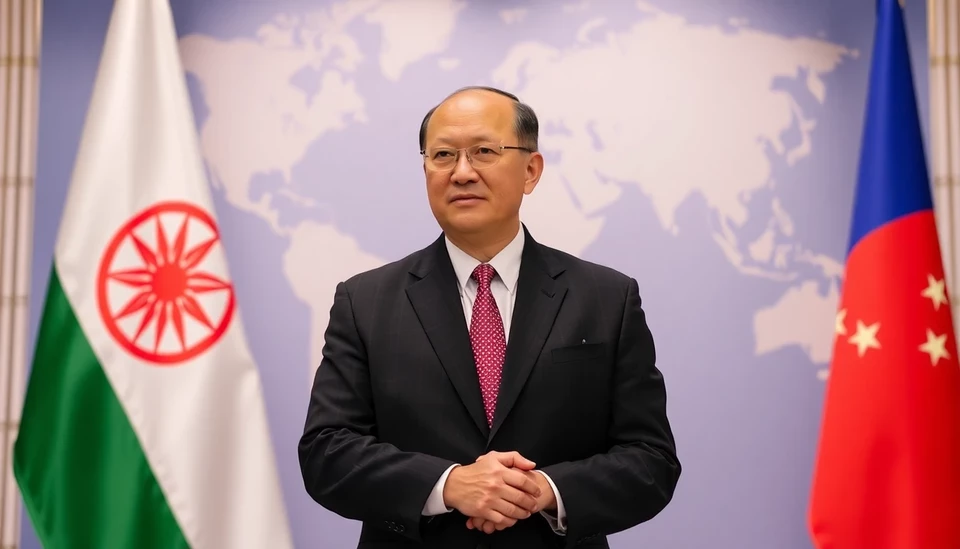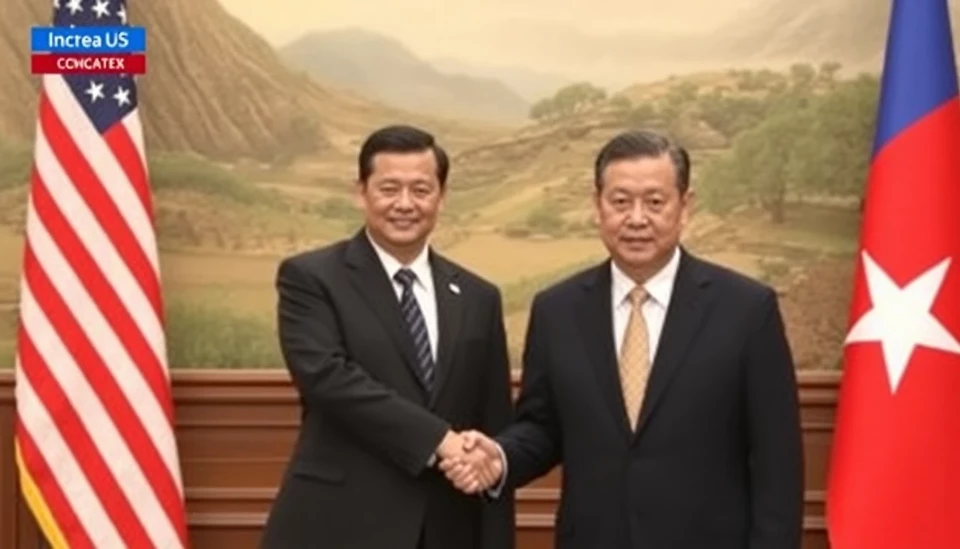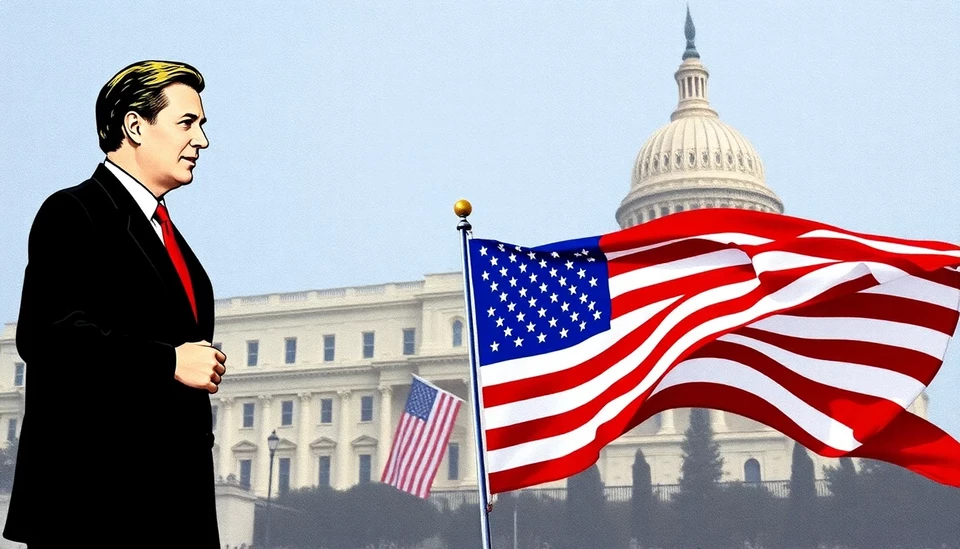
In a world increasingly defined by sharp geopolitical divides, leading executives have voiced a clarion call for global leaders to adopt a non-aligned stance. This appeal comes amid rising tensions between major powers, as business leaders express concerns that current partisan alignments could stymie economic growth and innovation.
During a recent global summit, a panel of industry leaders from various sectors discussed the significant risks posed by the prevailing geopolitical climate. Executives highlighted how geopolitical tensions can disrupt not only trade but also technological advancements and collaborative opportunities crucial for tackling global challenges such as climate change and public health crises.
“The world is facing challenges that require collaborative solutions rather than divisive politics,” stated one prominent CEO. “A non-aligned position allows for building partnerships across borders without the constraints of ideological conflicts.” This sentiment resonates with the growing belief that economic prosperity is best served not through alliances but through broader, more inclusive dialogues.
Furthermore, the call for a non-aligned approach comes as many regions feel the ramifications of strained relationships between significant world powers, particularly in areas like the Asia-Pacific and Europe. Executives argue that such tensions not only threaten stability but also limit access to vital markets and resources, hampering growth potential.
A compelling example cited during the discussions was the current technological race, especially in artificial intelligence and renewable energy. Participants pointed out that cooperation among nations could accelerate breakthroughs in these domains if leaders would choose collaboration over competition.
The executives also emphasized the role of businesses in fostering this non-aligned approach. By refusing to align strictly with political disagreements, companies can lead initiatives that transcend national boundaries, bringing innovative solutions to pressing global issues. They urged leaders in both the public and private sectors to prioritize their focus on shared economic goals rather than engaging in divisive rhetoric.
To successfully implement this non-aligned strategy, panelists argued for the establishment of new frameworks that facilitate international partnerships. These frameworks could include frameworks for trade agreements that are less politically charged and more focused on mutual benefits, thereby enhancing global economic resilience.
As the world approaches an increasingly uncertain future, the call for a non-aligned position resonates as a hopeful strategy for fostering international cooperation. Executives are looking to global leaders to consider the broader implications of their political choices and to prioritize economic unity and collaboration.
In conclusion, the message from the summit underscores an urgent need for global leaders to rethink their positions amid rising tensions and to consider a path that enables inclusivity, innovation, and shared prosperity among nations.
#GlobalLeadership #NonAligned #GeopoliticalTensions #EconomicGrowth #InternationalCooperation #InnovativeSolutions #BusinessLeadership
Author: Daniel Foster




